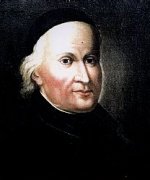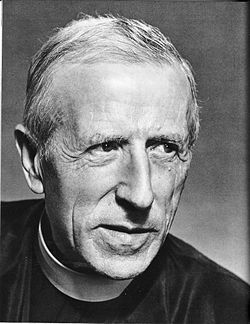This article needs additional citations for verification .(February 2019) |

| |
| Part of a series on the |
| Society of Jesus |
|---|
 |
| History |
| Hierarchy |
| Spirituality |
| Works |
| Notable Jesuits |
This is an alphabetical list of historically notable members of the Society of Jesus.
















